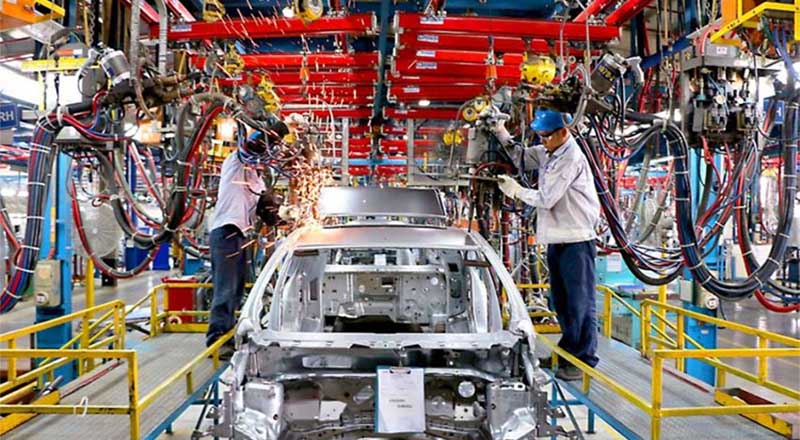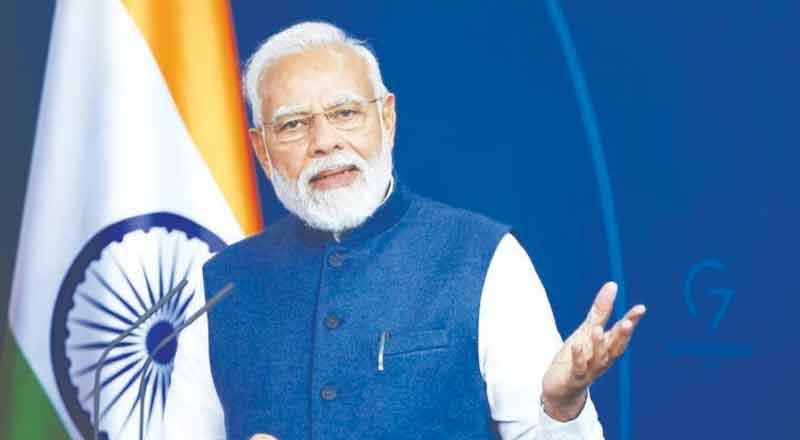The automobile industry occupies a prominent place in the Indian economy.It is undebatable that an efficient transportation system is central to rapid industrial and economic development of a country.
An auto hub located near Pune city in Maharashtra, Chakan houses industrial parks developed by Maharashtra Industrial Development Corporation (MIDC) and Sanand, a town near Ahmedabad, Gujarat, began with Tata Motors’ ambitious plant to manufacture Nano car models in 2010. Since then, the 5,000 acre Sanand Industrial Estate has attracted world renowned automobile majors such as AMW Motors, Maruti Suzuki, Ford, Honda and Hero Motocorp. Now the area is getting deserted due to the policy changes.
The reason of the slowdown is because of the liquidity crunch with the buyers and another solid reason If GST is reduced by 10 percentage points to 18%, the potential reimbursement for two-wheeler makers on inventory existing in the market could add up to Rs 1,500 crore. under GST, inventory will not be a constraint because dealers can set off the tax differential.
According to Suresh Rohira, partner at accounting firm Grant Thornton, a reduction in GST on the existing inventory will lead to excess GST credit on the books of dealers. Even if a decision is taken not to provide any tax relief, it should be communicated urgently, “Otherwise, it would hurt the industry more than help it.” Pawan Goenka, managing director of Mahindra & Mahindra, said if GST is to be relaxed, it should be done quickly.
In Box: Maruti Suzuki, India’s largest passenger vehicle maker, is in discussions with parent Suzuki Motor Corp. on the future of diesel cars in the country
A GST reduction should be implemented closer to the launch of vehicles compliant with BS-VI emission norms —effective April next year — because they would be more expensive and a tax cut would soften prices for consumers, Rajiv Bajaj, managing director of Bajaj AutoNSE 0.33 %.
Anand Mahindra, chairman of Mahindra & Mahindra Group, said the current slowdown in the automotive industry poses a great threat to the ‘financial arithmetic’ of the government and there is a need for a short-term measure such as GST cut, or a cess removal, to “catalyse consumption” and make auto affordable.
Automakers made a strong pitch for reduction in the goods and services tax rate to 18% from 28%, higher depreciation benefits and a favourable vehicle scrappage policy to boost demand in a sector struggling with plummeting sales. They also sought the government’s intervention in allowing offloading of inventory complying with BS-IV emission standards after BS-VI rules kick in next year, even as they questioned the increased push for switching to electric vehicles.
Another issue is Electrification to seize the emerging opportunity in the electric mobility sector. Niti Aayog Vice Chairman Rajiv Kumar told that, concerns raised by the automobile industry regarding affordability and lack of adequate ecosystem for local manufacturing of electric vehicles are unfounded. The federal think-tank is in the process of finalising policies to set up giga scale storage battery manufacturing units in the country. These will be operational in the next 36-48 months. Investments in zero emission technology will further enable local manufacturers to gain global leadership in the e-mobility space, an opportunity the country lost out on while transitioning to solar panels, mobile phones and laptops.
We see electric mobility as the sunrise sector and do not wish this industry to meet the same fate as our electronics, mobile, laptop industry where we are now nearly completely dependent on imports. It should be noted that we have made no proposal for the four-wheeler segment and here we hope that we will achieve zero emission by the time we celebrate the centenary of our independence in 2047.
In Box: Maruti Suzuki India Ltd and Mahindra and Mahindra Ltd are working on plans to gradually reduce dependence on diesel cars as regulations and market sentiment builds up against the use of the fossil fuel in India.
Tata Motors halts production at Pune and Jamshedpur units and the company is halting its vehicle production activities to align its inventory according to the current market demand across both plants, including the JLR unit in Pune. Sources said, certain officials are asked to take compulsory leave up to 3 days in a weak.
Tata manufactures passenger cars and commercial vehicles at its Pune plant. The Jamshedpur plant rolls out commercial vehicles. Other strategic departments such as the electronics division and the engineering research centre (ERC Pune) remain open during the period, signalling the quantum of ongoing work in the product development domains for BSVI emission norms and electric vehicles.
There are more than 10,000 daily wage workers have become unemployed over the past months as plants that were running three shifts a day are now operating only a single shift. There is massive job cuts were made by vehicle manufacturers such as Tata Motors, Mahindra & Mahindra (M&M) and Volkswagen India in the Pune-Chakan automotive belt, all the retrenched workers were temporary and full-time employees have not been fired so far.





